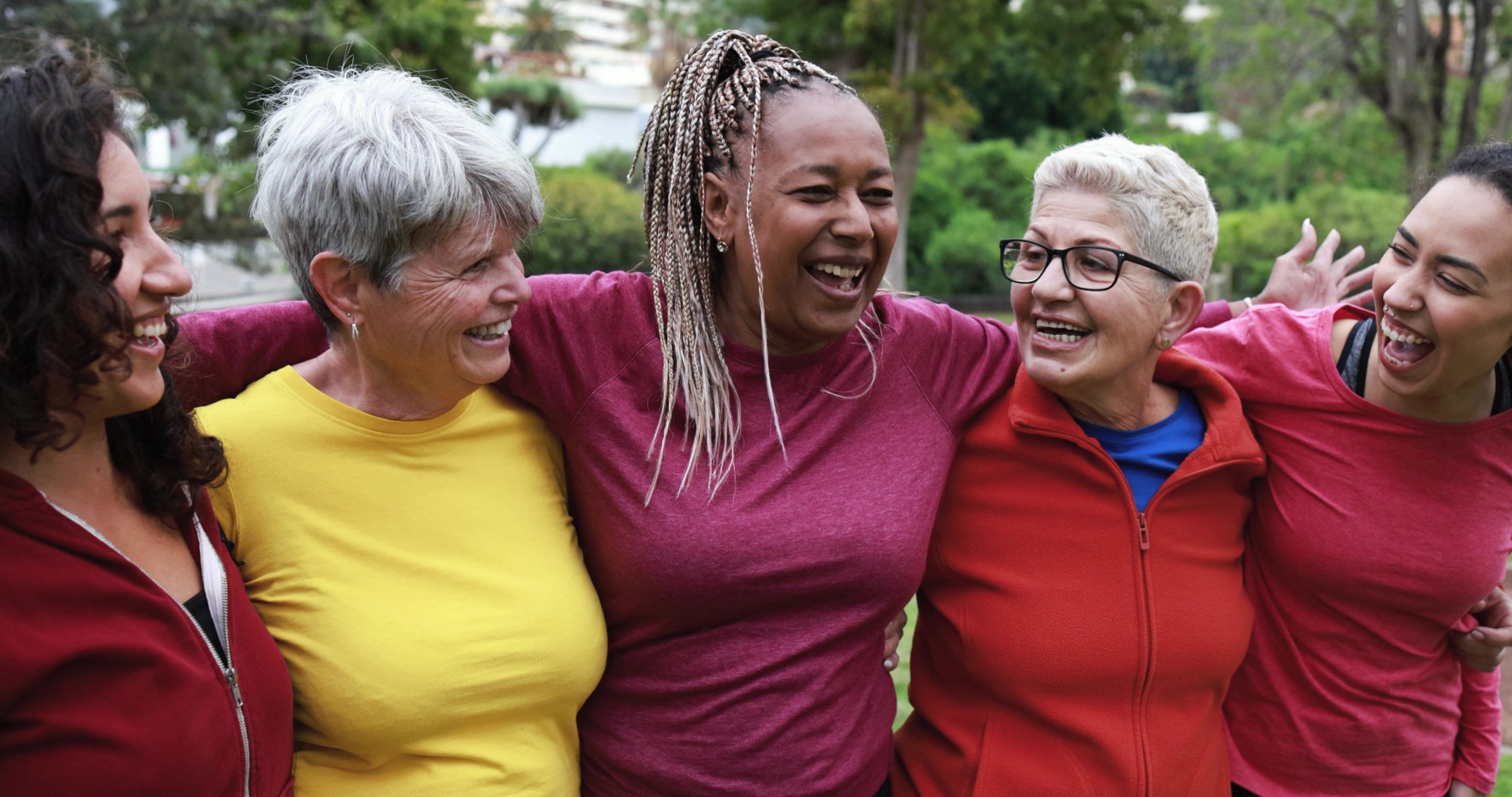Our Promise to Our Clients
Our services are based on a platform that consists of Core Values and Practice Ideals, which are set forth in this document. Our mission is to be a pillar in providing culturally relevant, holistic, and wellness-focused services that enhance both adults’ and children's social-emotional development, prevent development of mental health challenges, and address social-emotional problems that currently exist.
We will do this by utilizing evidence-based strategies in our service delivery model which will be uniquely designed to assist each individual in successfully accomplishing their goals innovatively and begin the process of healing.
At Lighthouse, we understand that we are living during a historic time where people are experiencing significant emotional and social-economic pressure.
In light of obtaining a quantitatively comprehensive understanding of what the needs are and where services are lacking, the team at Lighthouse Behavioral Health decided to conduct a needs assessment of local schools, community centers, churches and other organizations.
Our CORE Values
The CEO and the Clinical Director of the clinic is responsible for ensuring that the clinic operates within the guidelines as established by the local, state and federal regulatory bodies. In that context, however, they are also responsible for defining the cultural norms and values of the organization.
This serves several functions, including: 1) giving clients the information they need to make an informed decision about whether our services are a good fit for them, and 2) ensuring that prospective employees are aware of the same, so they can decide whether it is consistent with their own practice.
To this end, we present this non-exhaustive list for review:
Clients are to be met where they are at, not where we want them to be or where we think they should be
Services should be made accessible and responsive to client needs without creating a pattern of dependence.
Therapists should be asking “How do we know that services are helping?” and “What will tell us that our services are no longer needed?” from session one.
Clients are experts in their own lives. They have strengths and resources that can be discovered if you ask.
Practice Principles
People come to the team with a variety of clinical experiences and beliefs about clinical and social work practice.
We believe that there are many strategies employed by practitioners that are highly effective. Yet we also believe it is important to create a practice culture for providers that work with Lighthouse.
1. Cultural considerations are important in considering interventions, and clinicians should enquire about specific adaptations and discuss the importance of a family’s cultural beliefs and values. This can include differences and/or perceived differences between the clinicians and the clients being served.
2. Clinical approaches should be based on a “bona fide” clinical approach. By bona fide, we mean treatments delivered by trained therapists, based on sound psychological principles...More







